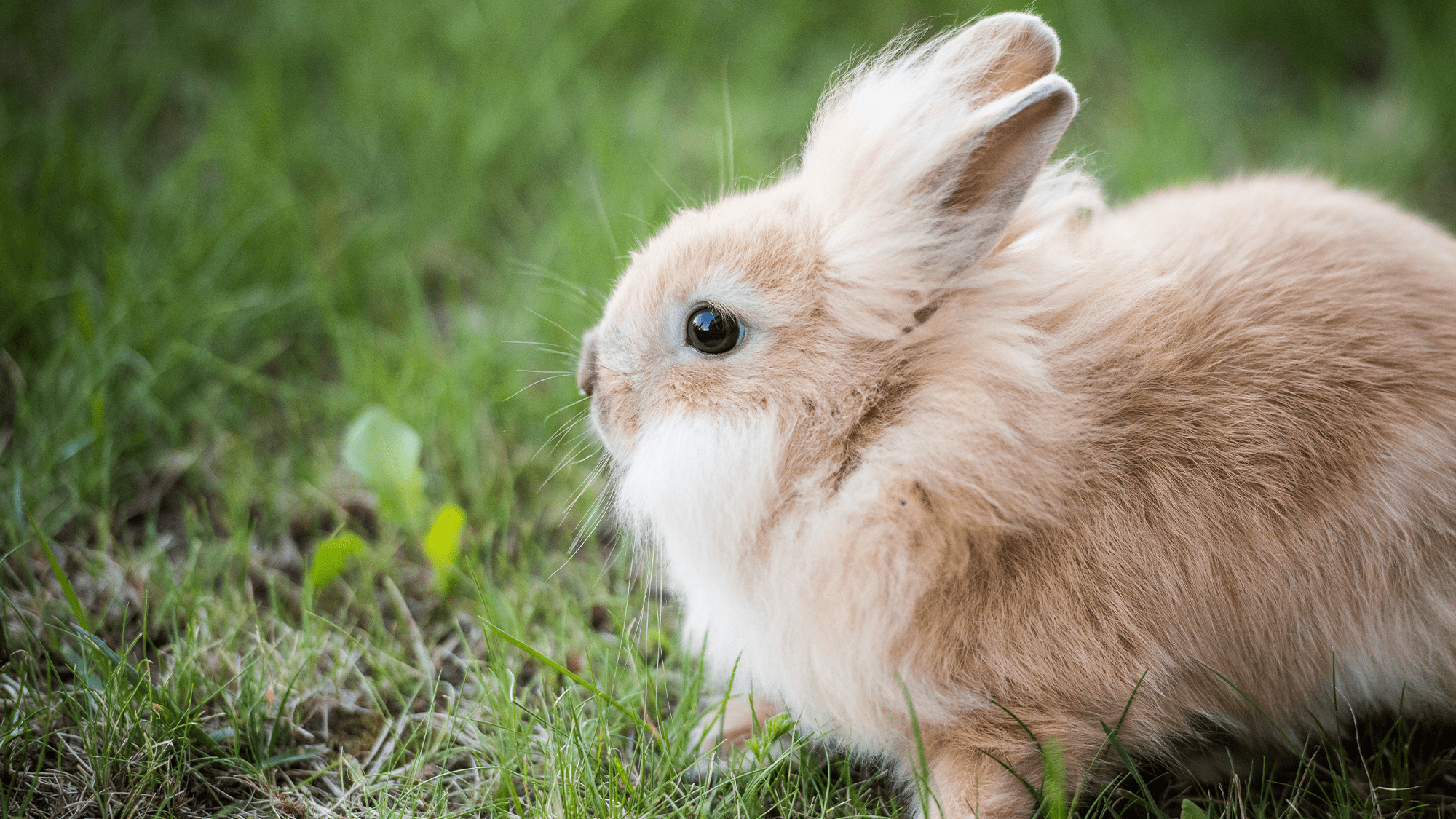

The state of Florida is no stranger to invasive plant and animal species, from stinky seaweed belts and destructive red tides to giant African snails and thriving pythons. A suburb of Fort Lauderdale is now home to dozens of furry feral rabbits, after a resident and backyard breeder let some lionhead rabbits loose in the neighborhood about two years ago.
[Related: How a peculiar parasitic plant relies on a rare Japanese rabbit.]
The roughly 60 to 100 domesticated bunnies have overrun parts of Wilton Manors, a group of 81 homes in the Jenada Isle neighborhood in southern Florida. They have rapidly multiplied and are apparently armed with voracious appetites for wiring and lawns, along with furry lion-like manes and cottontails.
The rabbits face risks from cars, hawks, cats, record breaking Florida heat, and potentially exterminators. Residents are divided by the invasion. Some are allegedly threatening to shoot the bunnies or feed them to pet snakes, while others want to let them roam free or aid in efforts to capture and find homes for the rabbits.
“People don’t realize they’re exotic pets and they’re complicated. They have a complicated digestive system and they have to eat a special diet,” Jenada Isle resident Alicia Griggs told The Guardian. “You can’t just throw any table scraps at them.” Griggs is one of the locals spearheading the efforts to raise funds to rescue the bunnies.
East Coast Rabbit Rescue (ECRR) is working to rescue and rehome the bunnies. As of Friday July 21, the nonprofit organization managed to rescue 19 rabbits, including three that are pregnant. They are partnering with city police on the effort that would need at least $40,000 for capturing, neutering, spaying, vaccinating, and microchipping the rabbits. The bunnies would also need care from specialized veterinarians.
ECRR President Monica Mitchell told NPR that residents have been the primary challenge in trapping the bunnies. “Our hope was to rescue up to 45 — that was our goal yesterday,” she said on Saturday July 22. “But, unfortunately, we encountered lots of issues there … because the residents were so hostile. Some residents didn’t want us to take the bunnies.”
Mitchell also added that the rabbits are prone to heat stroke and have been digging holes in the ground to escape Florida’s stifling summer heat. They have also been grazing on lawns that may be treated with toxic pesticides.
Penny and Wild Smalls of South Florida, another guinea pig and rabbit rescue organization, has also begun efforts to rescue the bunnies. “They’re not wild animals,” board member Dylan Warfel told The New York Times. “They’re supposed to be in the pet trade. They shouldn’t be outside in the first place. They need to be moved now, not in two months.”
[Related: Jackrabbit’s color-changing fur may prepare them for climate change.]
In an April 25 city council meeting, Wilton Manors council members were concerned that creating any policies to solve the problem could set a precedent for the need to curb other potentially invasive animals, including iguanas and ducks.
Wilton Manors Police Chief Gary Blocker recently sent a status update to residents saying that discussions with rescue organizations would continue. Next steps include finding additional funding for rescue services, and Blocker called for those interested in fostering rabbits to contact the department.
“I don’t think it’s a simple solution,” resident Courtney Turney told The New York Times. “[Because] you can leave no bunny behind.”
